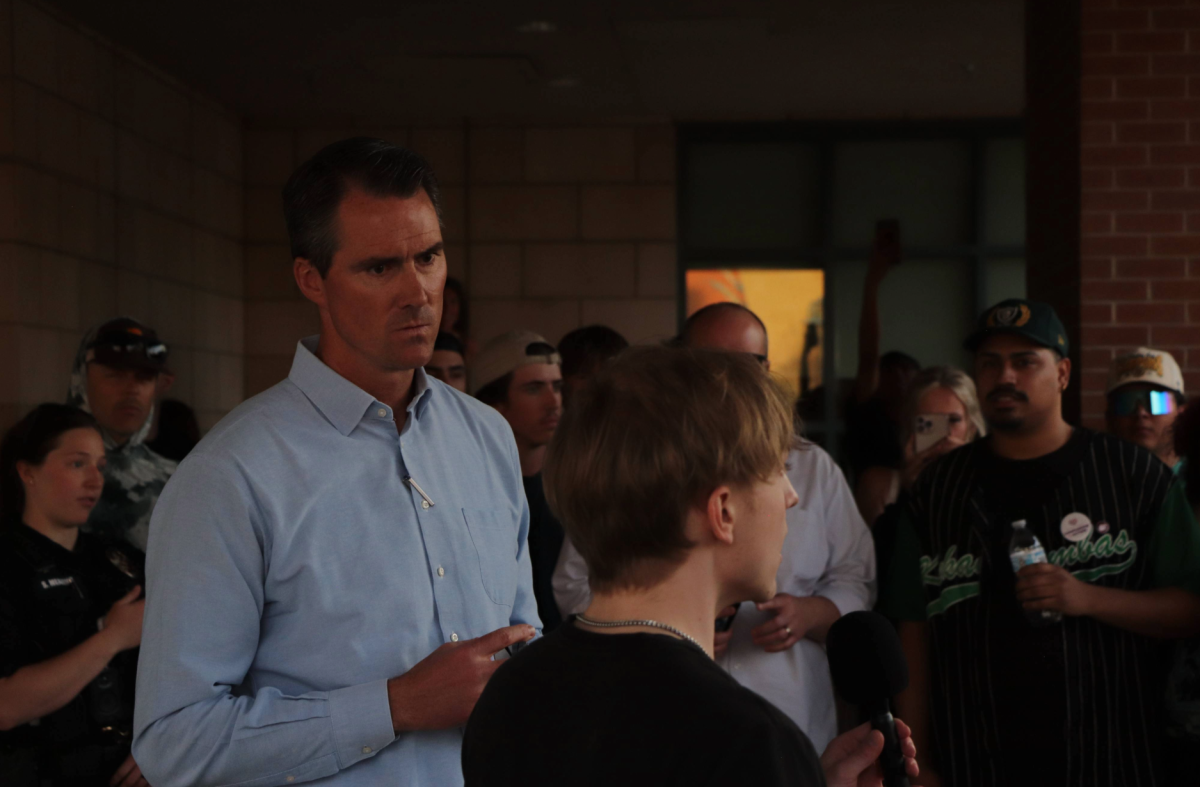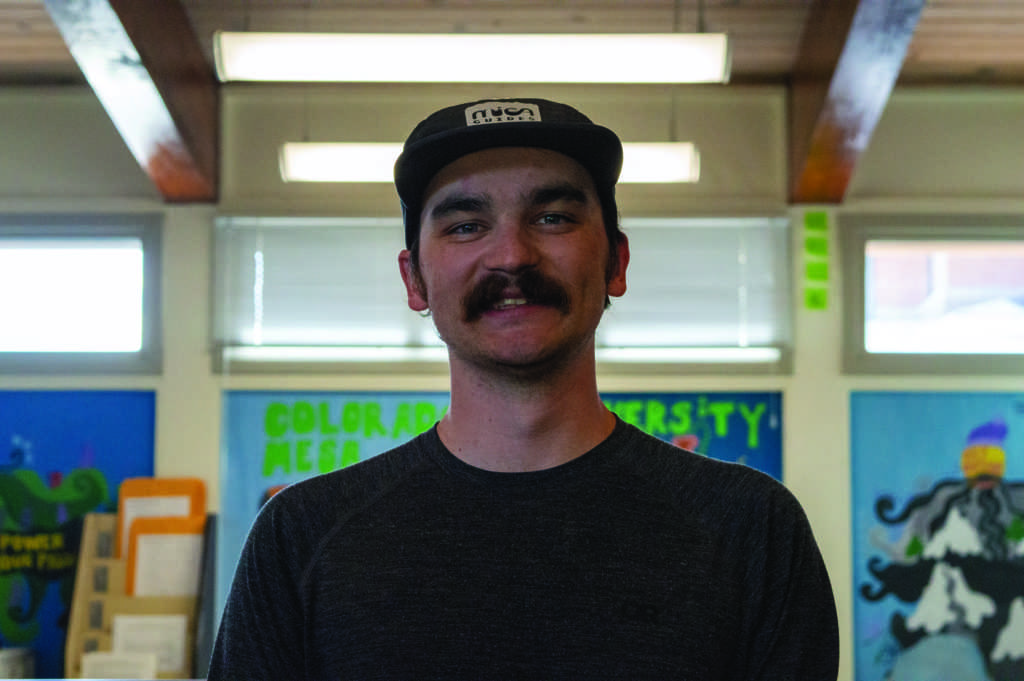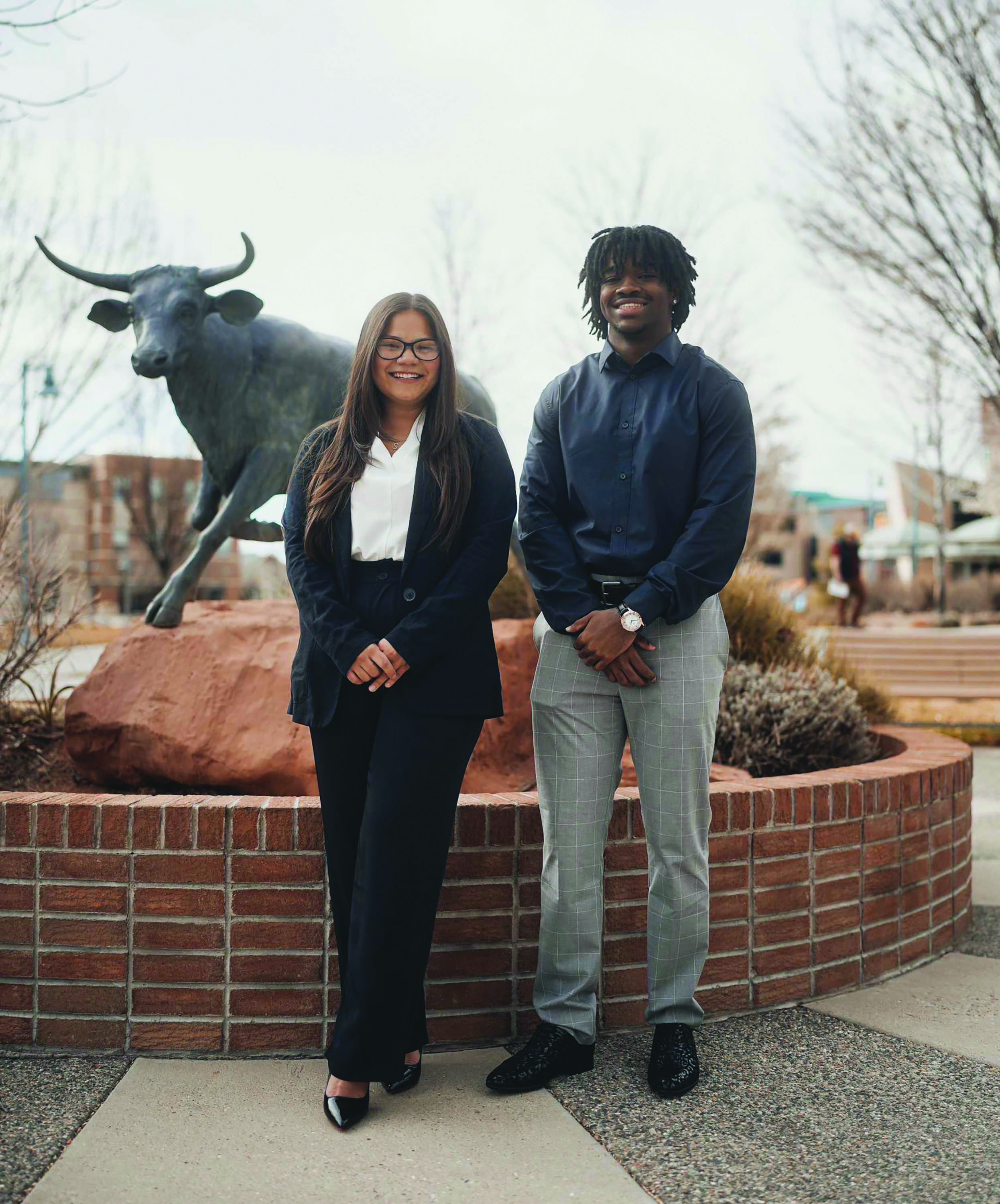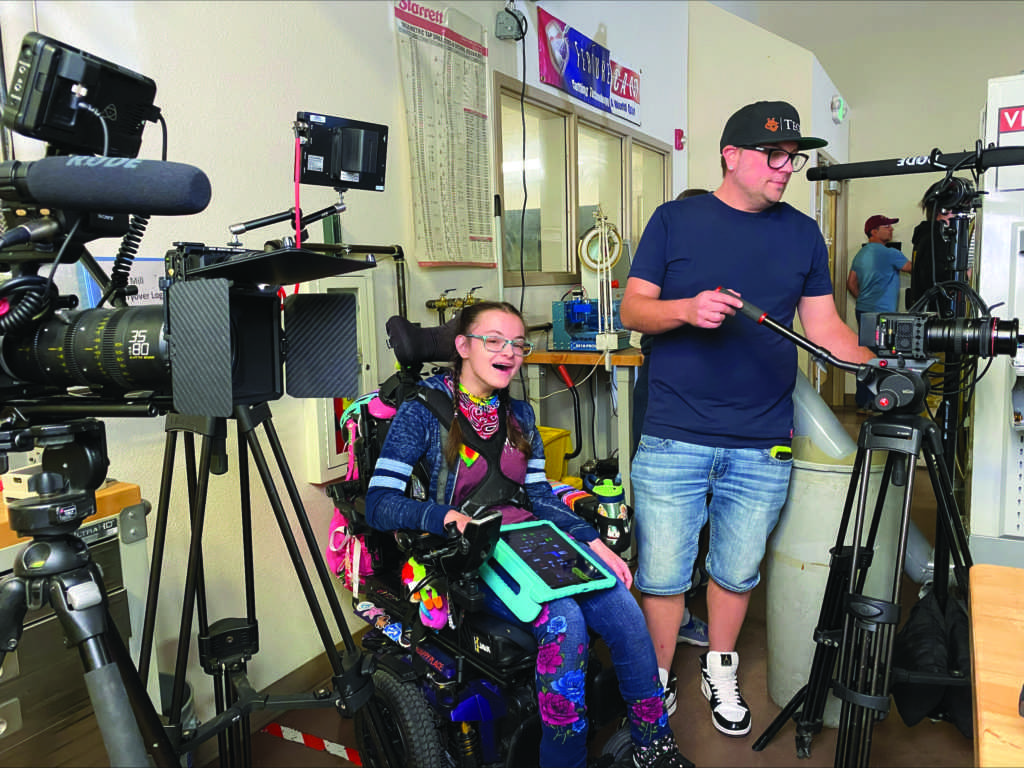Although Colorado Mesa University claims to be one of the most up-to-date campuses in the country as far as the Americans with Disability Act (ADA) laws are concerned, there are still improvements that can be made.
One area where there is room for improvement is the issue of bathroom access on campus. The Criterion article “CMU lacking handicap access” recently drew attention to the fact that some students with disabilities had to rely on a helpful passerby to use the restroom. CMU is taking steps to address the problem.
After learning of the issue last week, the facilities department here on campus has begun to make changes.
“Our facilities folks have taken the compression door-spring off of the family bathroom over in Escalante, which means if you open it, it now just easily opens so you don’t have to hold it open and have it jam back on you,” Vice President of Student Services John Marshall said.
While this is a start, it is only one bathroom in one building on campus. The next step is for students who are experiencing these issues to give feedback to people like Marshall and the facilities department, so they know exactly what needs to be improved, and how they can go about creating a more handicap-friendly campus.
Freshman Andrea Hollinger, who is confined to a wheelchair, was concerned that some students may not think this issue is worth talking about, and that they saw it as more of “a lesser inconvenience to work around.”
Also, one student’s needs may not be the same as another’s, so whatever the school administration can do for one student still may not satisfy everyone. Still, Marshall wants to do whatever he can to help the students at CMU who are struggling with access to specific rooms and/or buildings on campus.
In response to last week’s article, Marshall has already begun trying to find ways in which he can help students like Hollinger.
“[Marshall] said he would try to put a button on every bathroom door on every floor of each of the most common classroom buildings[…] And the one for the UC, he said he will fix,” Hollinger said.
Last week, Hollinger stated that the UC was the most difficult building to access on campus because the automatic door openers don’t always open the door, and the buttons themselves are hard to reach.
“I would say I’m fairly satisfied,” Hollinger said regarding the changes that have already been made in Escalante and the hope that more change will come soon. What matters to Hollinger is the fact that Marshall and other people on campus are “willing to help.”
Of course, CMU can’t just fix every door on campus. Change will take time and money, and how much time and money it will take is unknown at the moment. What matters to a disabled student struggling with access is that change can happen.
Hollinger hopes it will make CMU “more convenient for students that need it, not just me, but [others] who are needing it right now and are going to in the future.”
CMU wants to help, and that can mean a lot to a student who feels like a minority or a second thought. Instead of setting this issue aside and deeming it unworthy of attention, CMU tries its best as a school to make the campus more accessible and more enjoyable, if possible, for everyone who comes here to study or to work.








